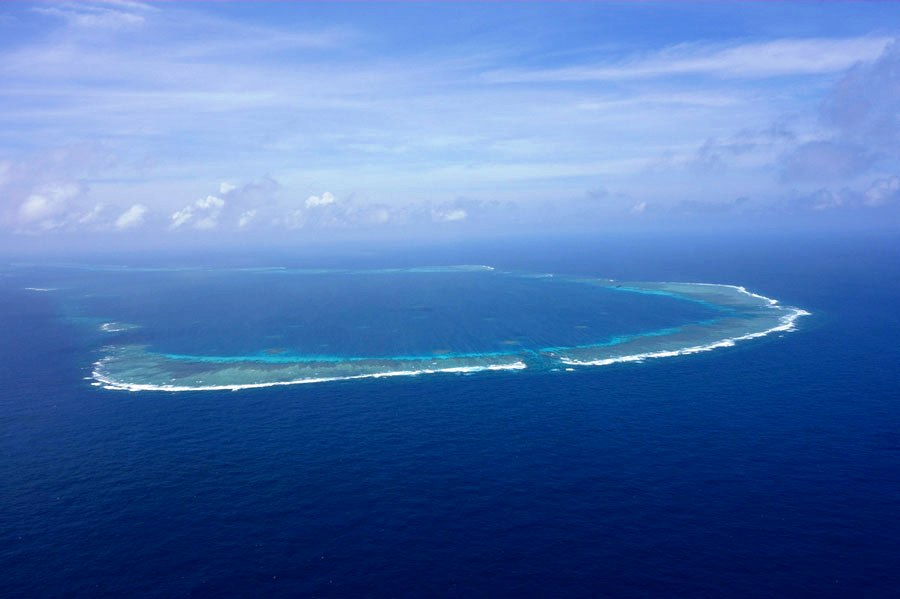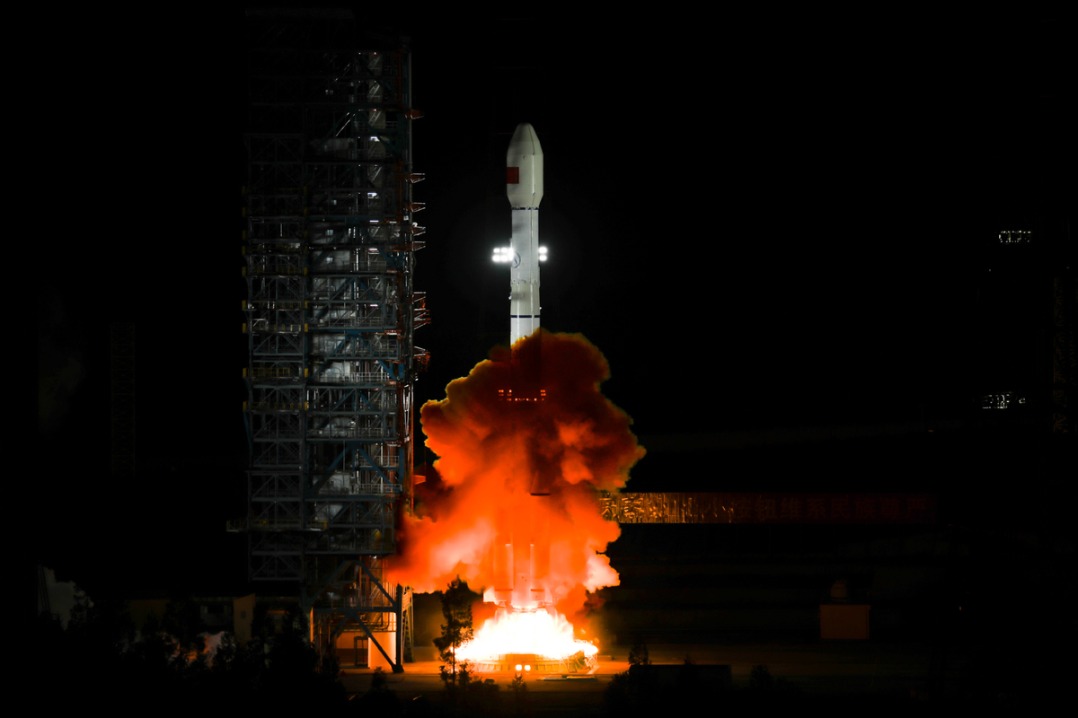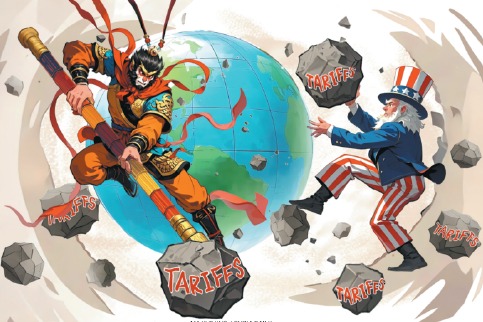Manila should not let mistakes become an error: China Daily editorial


Manila is once again behaving like the toad that wants to eat a swan. In the latest attempt to infringe upon China's territorial sovereignty and the Declaration on the Conduct of Parties in the South China Sea, six individuals from the Philippines illegally landed on China's Tiexian Reef in the South China Sea, disregarding warnings from the Chinese side.
China holds indisputable sovereignty over the Nansha Islands, including Tiexian Reef, and the adjacent waters, and the China Coast Guard said on Sunday that it had warned the Philippines to stop the infringements, and that officers had conducted on-site verification and enforcement measures according to the law.
The incident was just the latest violation of China's territorial integrity and maritime interests in the South China Sea by the Philippines that have become increasingly frequent in recent years, thanks to the encouragement given to Manila by Washington. Apart from Tiexian Reef, the Philippines has also made similar encroachments on China's territorial rights with regard to Huangyan Island, Ren'ai Reef and Niu'e Reef.
By sending people to illegally land on Chinese islands and islets and build constructions there, Manila may think that as time goes by its unlawful activities will help it gain "actual control" of the Chinese territory and consolidate its ill-grounded territorial claims in the South China Sea.
But this is wishful thinking. China has repeatedly said it will not back off from defending its sovereignty and maritime interests. Instead, in response to the constant provocations from the Philippines, the People's Liberation Army and Chinese law enforcement authorities have increased their vigilance and stepped up their law enforcement activities in the South China Sea.
That Manila's latest move came amid the ongoing massive military exercises being jointly staged by the US and the Philippines until May 9 highlights the degree to which Manila is behaving as if it has no experience and no wisdom by trying to take advantage of the US' heightened focus on the region for its land grabbing. It may think that success will make it a king, but its actions only reveal it to be a bandit.
Such war games do not send a positive signal that Manila and Washington are acting in the interest of regional peace and stability. Instead, they only increase tensions in the South China Sea and sabotage regional efforts to build lasting peace and stability in the waters.
A survey report by the Ministry of Natural Resources released on Friday indicates that the Philippines should also be held accountable for the ecological decline at Tiexian Reef in recent years. The report finds human activities, especially the Philippines' persistent and illegal construction on nearby Zhongye Island, are one of the factors behind the deterioration of the coral reef ecosystems of Tiexian Reef.
Chinese researchers also found that foreign fishing boats, including those from the Philippines, were conducting illegal fishing activities in waters near Tiexian Reef. This, together with the Philippines' illegal construction on Zhongye Island and the related discharge of wastewater, has damaged the coral reef ecosystem surrounding both the island and the reef.
Hence, it is no exaggeration to say that the illegal and provocative moves taken by the Philippines in the disputed waters are posing a grave threat to the natural environment of the South China Sea as well as regional peace and stability.
Manila should realize that it is like the proverbial duck that Washington is forcing onto a perch, and that by continuing with its provocations it is only inviting ruin to the region, as has been seen in other parts of the world recently. But while it has been told this a hundred times, it seems it still has no understanding.
The provocations of the Philippines will come to no avail. China will continue to respond to any encroachments on its territorial sovereignty or maritime rights and interests, and act to prevent troubles before they occur.
Beijing's call for the Philippines to immediately cease these infringements is not just a demand that it respect its sovereignty but a plea that Manila work to preserve peace and stability for the good of all in the region.
































